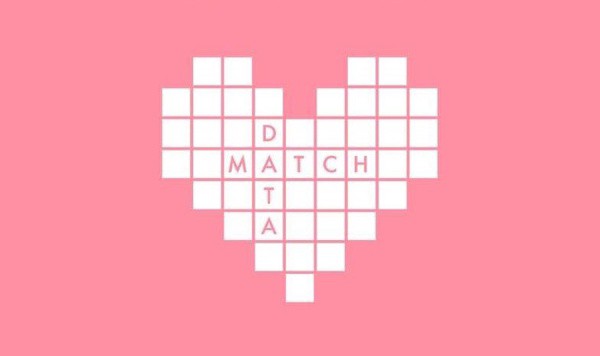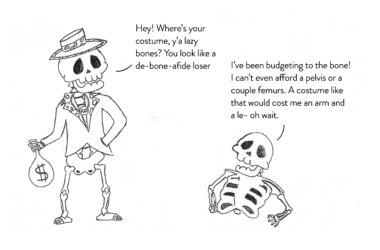Last year, I let an algorithm decide the fate of my love life: My relationship with my now-boyfriend was not the product of a chance encounter, but rather the result of a mathematical calculation. The forces at play will always be mysterious to me; it’s hard to imagine how a series of goofy questions can generate a lasting relationship with a compatibility score of 99.82 per cent.
It’s likely you’ve already heard about Datamatch, a Harvard University-based dating service that has a chapter at McGill. Considering my personal connection to this matchmaking service, I decided to take a deep dive into the platform.
Participants take an entertaining survey, and the team of “Datamatch Cupids” uses a secret algorithm to generate a list of matches for each participant. The matches are then released on Valentine’s Day.
Anthony Schokalsky, U3 Arts, brought the matchmaking service to McGill, which is currently the only university outside of the U.S. to offer it.
“I was scrolling through the Harvard subreddit in Fall 2018 and saw Datamatch being discussed and thought it was pretty cool,” Schokalsky wrote in a message to The McGill Tribune. “So I emailed the Datamatch exec asking them if they’d be interested in bringing it to McGill [….] I then became campus lead (or a “campus cupid” as we’re often referred to) and helped launch it at McGill for the first time last year.”
According to Schokalsky, McGill is similar to some of the other universities that have taken part in Datamatch.
“I liked the idea of a university-exclusive dating app, which kinda felt like an early Facebook vibe,” Schokalsky said. “Plus, I feel like McGill has always had this tangential connection to East Coast [university] culture, so it just made sense to me that we’d be a part of Datamatch.”
Mariam Hegazy, U1 Arts, is a 2021 Datamatch McGill Campus Leader. According to Hegazy, the platform is great for those who have given up on dating apps.
“It takes away the embarrassment and awkwardness of first contact,” Hegazy said. “Whether it’s a serious way to find love depends on the person […] but there’s a funny dynamic where someone will say that they’re doing it for jokes, but they actually do want to meet someone.”
Indeed, the joking nature of the questions helps to keep the platform lighthearted.
“Campus leads make the questions, using those from previous years as inspiration. We made it McGill specific and we tried to inject a lot of humour in the air,” Hegazy said.
With campus activity shifting online this year, Datamatch now allows users to share their location and offers the option to participate in virtual dates.
“Participation numbers have more than tripled this year,” Hegazy said. “There’s an increase in the desire to meet people now [that] you don’t get that same social interaction these days, and people are really vying for that, so the demand has definitely gone up.”
A glance at the Datamatch Instagram page shows McGill to be in fourth place with 1993 total individual users as of Feb. 10, just a few places behind Harvard University.
Unlike other dating apps, the limited number of choices on Datamatch also encourages participants to contact the matches they do have, pushing them to “shoot their shot.”
If that isn’t enough to sell the platform, perhaps the free food is. This year, Datamatch has collaborated with Montreal restaurants to bring all users discounts on meals, as well as offer a draw for couples to win a gift card. Among the restaurant sponsors are Chef on Call, Falafel Yoni, and Café Nocturne.
After my deep dive into Datamatch, I still haven’t uncovered the secrets of the algorithm. But maybe I don’t need to understand all the calculations and considerations in part responsible for my relationship. Maybe, that’s the beauty of it: Like the website says, the mysterious forces behind this matchmaking service are certainly open to interpretation.










